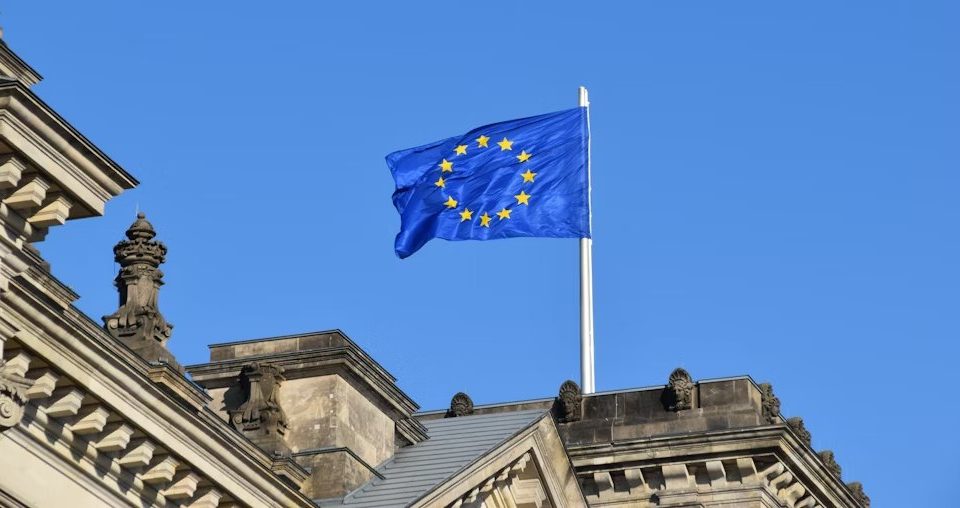EU approves the world’s first major AI regulation; set to take effect in June

In a historic move that’s set to reshape the global tech landscape, the European Union has approved the world’s first major law regulating artificial intelligence. The landmark legislation, known as the EU AI Act, was unanimously adopted by the 27 Member States on Tuesday and is poised to set a global standard for AI technology in business and everyday life.
The final text of the law is expected to be published in the Official Journal of the European Union within the next few weeks, with the regulation coming into force 20 days later, likely in late June or early July.
The EU AI Act represents a bold departure from the approaches taken by other global powers. Unlike the United States’ more relaxed, voluntary compliance framework or China’s strategy focused on social stability and state control, the EU’s regulation adopts a comprehensive, risk-based approach. This means that AI systems deemed higher-risk will face stringent transparency and accountability requirements, while those classified as limited-risk or for general purposes will encounter lighter regulations.
According to Reuters, this ambitious legislation positions the EU ahead of both the US and China in the regulatory landscape. The approval follows closely on the heels of the EU Council’s adoption of the first-ever international treaty on AI, aiming to ensure that AI usage in both public and private sectors aligns with human rights and the rule of law.
“This landmark law, the first of its kind in the world, addresses a global technological challenge that also creates opportunities for our societies and economies,” Belgian digitization minister Mathieu Michel said in a statement, Reuters reported.
“With the AI Act, Europe emphasizes the importance of trust, transparency, and accountability when dealing with new technologies while at the same time ensuring this fast-changing technology can flourish and boost European innovation,” he said.
The EU AI Act is set to harmonize AI regulations across Europe, promoting the development of safe and reliable AI systems while safeguarding fundamental rights. The law meticulously categorizes AI applications based on their risk levels, subjecting high-risk systems to rigorous oversight. Among its key provisions, the Act prohibits practices such as cognitive behavioral manipulation and social scoring.
This pioneering regulation marks a significant step forward in the global governance of artificial intelligence, signaling the EU’s commitment to fostering innovation without compromising on ethical standards and human rights.
As Europe steps forward with this groundbreaking regulation, it sets a potential global benchmark for AI governance, fostering the development of safe and trustworthy AI systems. This historic move underscores the EU’s leadership in shaping the future of artificial intelligence with a focus on safety, transparency, and human rights.




